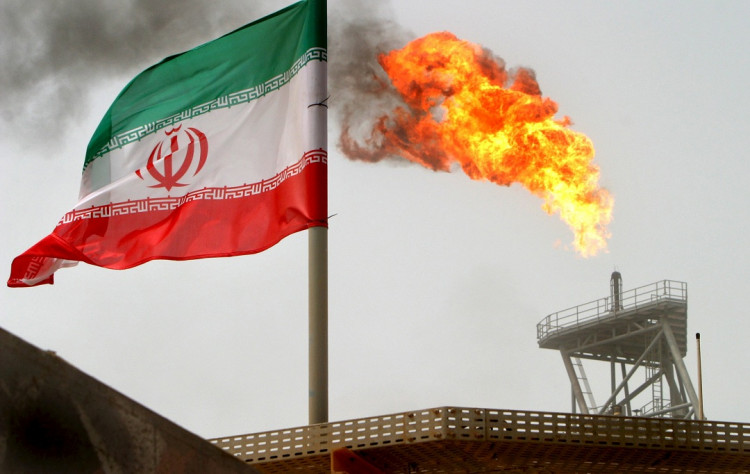Oil prices experienced a notable rebound on Thursday, driven by concerns over the geopolitical tensions between Israel and Iran, as well as disruptions caused by a hurricane making landfall in Florida. These factors have prompted heightened market volatility, leaving investors cautious about the potential for further conflict in the Middle East and its impact on global oil supply.
West Texas Intermediate (WTI) crude for November delivery rose by $1.54, or 2.1%, to settle at $74.78 a barrel, while Brent crude futures climbed $1.79, or 2.3%, to reach $78.37 a barrel. The uptick in prices came after a two-day decline earlier in the week, as traders kept a close eye on the possibility of a more direct confrontation between Israel and Iran that could threaten the stability of crude flows in the region.
"The conflict in the Middle East remains a concern, particularly if any military action impacts production or transport of crude," said Colin Cieszynski, chief market strategist at SIA Wealth Management. "Worries have cooled a bit since nothing major happened on Monday, but that could change at any time without warning." His comments reflect a sentiment shared by many market observers, who are closely monitoring the situation for signs of escalation.
The recent rise in oil prices has also been influenced by local events in the United States. Hurricane Milton, which recently hit Florida, caused a spike in fuel demand as consumers rushed to secure gasoline, leading to shortages at fuel stations across the state. The storm's impact on the supply chain provided a temporary boost to crude prices, underlining the sensitivity of the market to both geopolitical and weather-related disruptions.
Despite the geopolitical risks, the oil market's upside remains limited by broader concerns over global demand, particularly from China. The world's largest crude importer has shown signs of economic slowdown, dampening expectations for robust energy consumption. Analysts suggest that the lack of a significant fiscal stimulus from Beijing has also contributed to a weaker tone in the market. "The geopolitical risks remain tilted to the upside, but the excitement that China could announce a nice fiscal stimulus package this weekend will likely throw a floor under any weakness in oil prices into the weekend," said Ipek Ozkardeskaya, senior analyst at Swissquote Bank.
Market participants have also been reacting to the latest data from the U.S. Energy Information Administration (EIA), which reported a larger-than-expected rise in U.S. crude inventories. This increase in stockpiles suggests that supply levels remain ample, even as concerns over Middle Eastern tensions persist. U.S. natural gas prices, meanwhile, continued to decline after the EIA reported that natural gas supplies in storage had risen more than forecasted, indicating lower immediate demand for the fuel.
Geopolitical tensions in the Middle East have kept traders on edge. Earlier this month, Iran launched over 180 missiles against Israel, sparking fears of a potential Israeli retaliation targeting Iranian oil infrastructure. While Israel has not yet responded militarily, Defense Minister Yoav Gallant's recent remarks about a "lethal, precise, and surprising" response have added to the uncertainty. Investors are bracing for potential supply disruptions that could arise if the conflict escalates further.
"Without a genuine demand excess or supply shortage, the risk will remain skewed to the downside," noted Tamas Varga, an analyst at oil broker PVM. He added that even if Israel launches an assault on Iranian oil infrastructure, any price reaction could be brief, albeit dramatic, as the market would likely absorb the shock quickly.
The situation has prompted Gulf states, including Saudi Arabia, the UAE, and Qatar, to urge the U.S. to intervene and prevent Israel from attacking Iran's oil facilities. These nations fear that any escalation could trigger retaliatory strikes on their own oil infrastructures, significantly impacting global energy markets. The stakes are high, with Gulf oil producers wary of a repeat of past incidents where regional conflicts led to disruptions in the oil supply chain.




